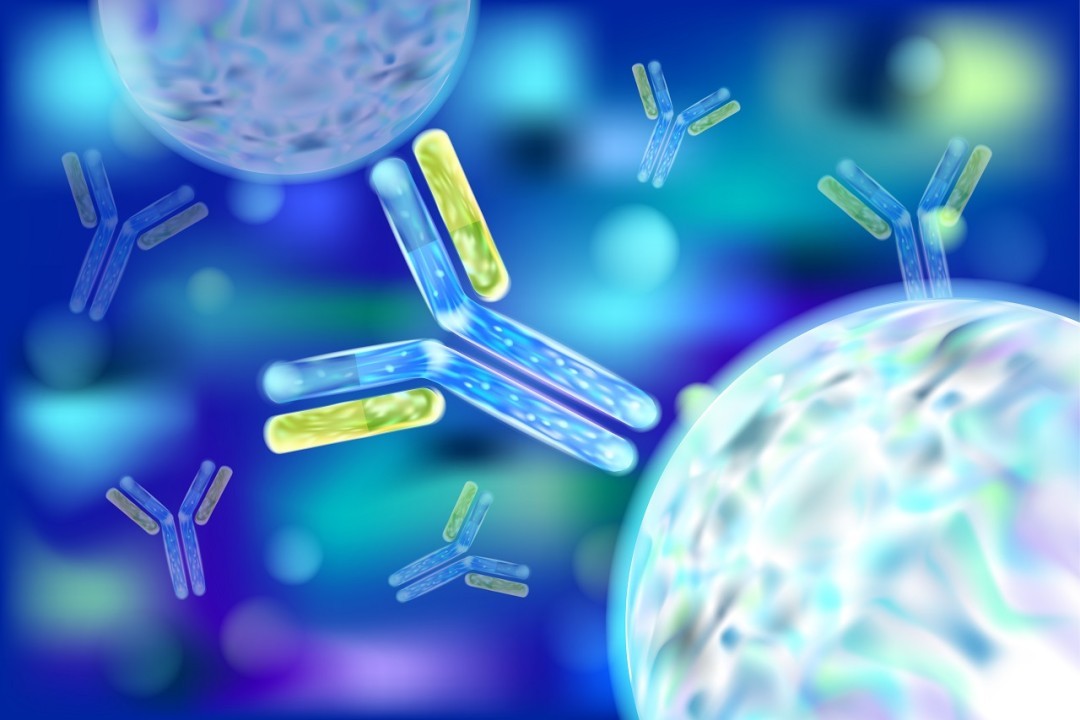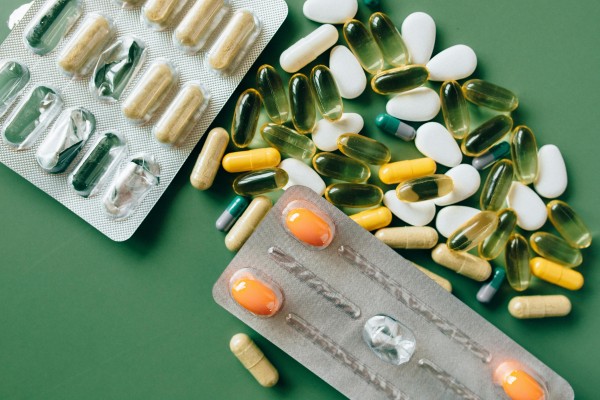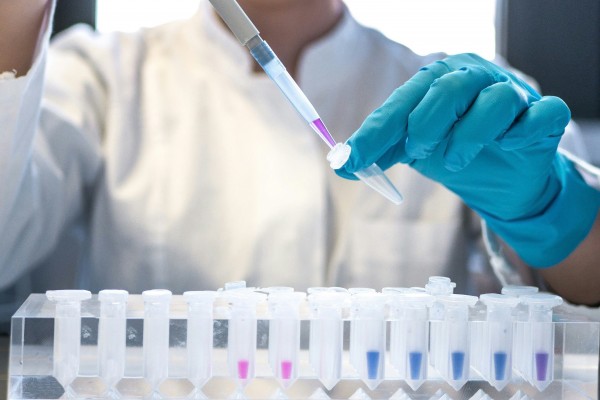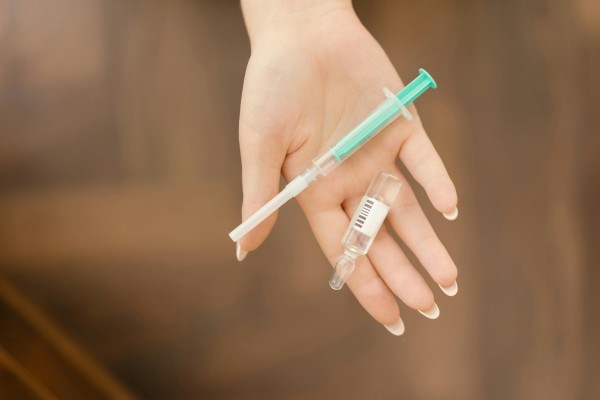Presentations at the meeting, which took place on March 6 in Mumbai (India), were delivered by members of the Government of India, the competition authority of the PRC, scientists, and representatives of the world's leading pharmaceutical companies.
Biologics are a class of medications derived from living cells by bioprocessing typically through genetic manipulations.They are extremely effective in managing several types of diseases and disorders such as cancer, inflammatory diseases etc. which are otherwise difficult to treat. However, the development and manufacturing for these drugs is extremely difficult and expensive, resulting in exorbitantly priced drugs for the patients: one dose of such a drug can cost $3.5 million.
Generic biologics — so-called biosimilars — are much cheaper. They help to provide the population of developing countries with innovative medicines. During the meeting, the experts of the Working Group discussed the challenges of bringing biosimilars to the market and ways to improve access to them in the BRICS countries.
Alexey Ivanov, Director of the BRICS Centre and co-moderator of the event, spoke about the research project that the Centre is implementing together with partners from India and other BRICS countries:
"It is designed to develop ways to bring the regulatory framework in the BRICS countries closer together to facilitate market access for biosimilars and to assess the potential for creating a BRICS institutional platform that will facilitate joint research, development and production of biologics. A questionnaire for pharmaceutical businesses was presented at the Working Group: the results of the survey will form the basis for the empirical part of the study".
Timofey Nizhegorodtsev, Deputy Head of the Federal Antimonopoly Service (FAS) of Russia, described efforts to ensure the availability of biological drugs in Russia. There are 159 such drugs registered in the Russian Federation, 7 new original molecules were created directly in Russia. At the same time, overloaded regulatory procedures complicate and seriously increase the cost of production of such drugs and prevent biologics from entering the market in a timely manner. It is necessary to reduce barriers to the access of biological medicines to the BRICS markets, as well as to create unified regulatory tools.
"We need to optimize regulatory procedures, but at the same time it is important to ensure consumer confidence in the quality, efficacy and safety of products,"
noted the deputy head of the FAS. According to him, reducing regulatory barriers to the entry of biosimilars into the market may be met with counter-criticism of international pharmaceutical companies.
"These companies are already spreading rumors that medicines from BRICS countries are of poor quality, so it is necessary, while reducing barriers, to increase confidence in regulatory procedures, to strengthen GMP and quality control,"
emphasized Timofey Nizhegorodtsev.
BRICS member countries need to share their experience in organizing biomedical schools, clinical research methods and patent law issues, said Prof. Aniruddha Pandit, Vice Chancellor, Institute of Chemical Technology.
Ujjwal Kumar, Associate Director of CUTS International, highlighted the peculiarities of Indian patent law, which allows for the filing of notice of opposition for companies wishing to bring a biosimilar to the market. The BRICS countries together have the capacity to provide each other with the raw materials and technical expertise to produce the necessary substances and biomolecules. If the BRICS countries have their own counterpart to the Pharmaceutical Inspection Co-operation Scheme, the regulatory authorities and important medical partners of the BRICS member states can achieve a lot together, said Dr. Vishal Warke, Director of Himedia Laboratories.
Liang Huide, Director of the First Department of Antimonopoly Regulation, State Administration for Market Regulation of the People's Republic of China (SAMR), outlined the measures SAMR is taking to protect competition in the pharmaceutical market and create a fair market environment for the innovative development of biosimilars. In 2018, the market size of biosimilars in China was about RMB 1.6 billion and is expected to reach RMB 52.2 billion by 2028. In recent years, SAMR has investigated a number of major cases in the development of active pharmaceutical ingredients and has continuously strengthened the regulation of pharmaceutical patents in an effort to ensure fair competition in the market and protect the interests of consumers.
Sergey Glagolev, Deputy Minister of Health of Russia, emphasized the need for programs to develop biosimilars that meet the needs of our region:
"These are, of course, oncologic and orphan drugs. We should explore the possibilities of localizing the production of biosimilars in countries with similar problems, which will allow us to share experience in this sphere.”
Andrey Ivaschenko, Head of Board of Directors, Chemrar Group of Companies, expressed his interest in cooperation with producers of biosimilars from the BRICS countries and presented the way ChemRar operates after obtaining the rights to produce such drugs.
"We will be glad to cooperate with a pharmaceutical company from a BRICS country that is interested in creating innovative products, as well as in technological transfer of projects suspended in Western countries. And, of course, we need the help of the national regulator to support this type of innovation and technology transfer to our country."
The event was held as part of BioPharma track of ChemTECH World Expo 2024, one of the largest industry exhibitions in Asia. The discussion was organized with the participation of FAS Russia, which co-chairs the Working Group along with the State Administration for Market Regulation of the People's Republic of China (SAMR).




